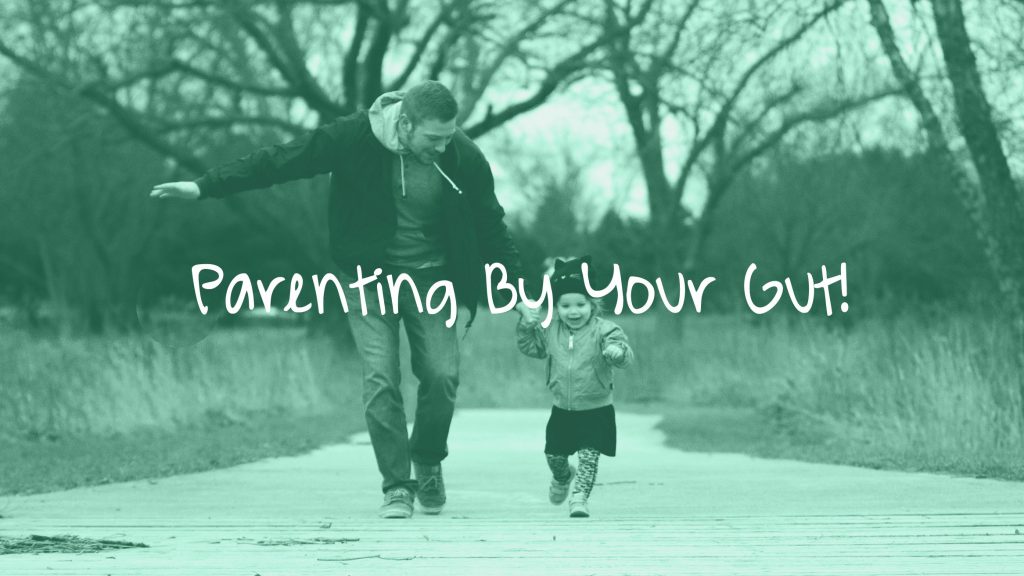And while the Prodigal Son was still a long way off, his father saw him coming. Filled with love and compassion, he ran to his son, embraced him, and kissed him (Luke 15:20, ESV).
The most important thing for a father or mother is to have compassion.
The Greek word for “compassion” is descriptive as it means “from the gut!” Those living in the first century were more “feeling” than “scientific” and they believed passions literally came from the stomach area.
How many of you have felt compassion or sympathy and the emotions seemed to rise up from your stomach? Science has caught up with this fact in recognizing the close connection of the brain and the intestinal system.
One scientist has called the stomach “the second brain.”
Our thoughts seem to come from our heads and our feelings come from our guts.
In the story of the Prodigal Son, the Father saw his son from a distance. You can imagine the father’s house on a hill and many times throughout the day he looked down the road.
One day he saw his son returning.
He had compassion. It came from the core of the father’s being. He wasn’t angry, he was forgiving.
The Prodigal Son’s father was acting like our Father in heaven…
As a father shows compassion to his children, so the Lord shows compassion to those who fear him (Psalm 103:13).
We are created to both think and feel. Have you noticed that anger comes from the same area of the body as compassion? How many of you have felt anger rising from your stomach area?
What emotions do you display as a father or mother?
Hebrews 12:15 says …
See to it that no one comes short of the grace of God; that no root of bitterness springing up causes trouble, and by it many be defiled (Hebrews 12:15, ESV).
The Greek word for bitterness has undertones of gall in its root meaning. Again, a reference to your gut.
But now is the time to get rid of anger (Colossians 3:8, NLT).
The Greek word for anger has indications of coming from the flesh.
As fathers, mothers, leaders, and followers of Jesus, we become addicted or patterned in our response to situations. When I was a child, I hated broccoli – but now I eat it raw for lunch most days – the taste was learned.
Same with our compassion or anger as both are either learned or unlearned.
The Prodigal Son’s father had compassion, not anger, and thus his son was received back home in love and restoration.
Our Father in heaven has compassion for all of us.
Paul writes the best advice for training our guts to respond in a godly manner…
And “don’t sin by letting anger control you.” Don’t let the sun go down while you are still angry, for anger gives a foothold to the devil (Ephesians 4:26-27, NLT).
Compassion tastes good!

